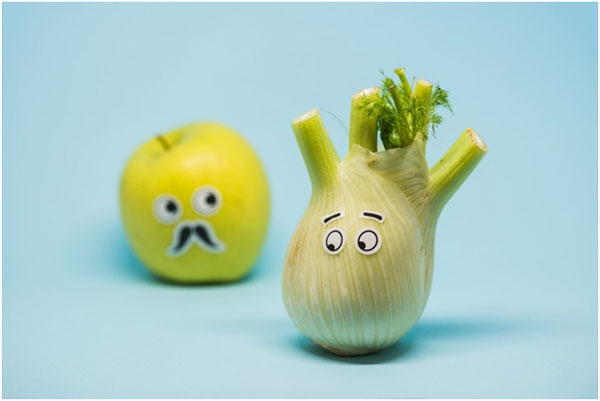If you’ve heard about the raw food trend, then you probably know that some people choose to eat all of their fruits and vegetables raw in order to get the maximum nutrient content from their food. It turns out that cooking your food at high temperatures can break down your food and change its nutrient content, destroying 15 – 20% of all that goodness you thought you were taking in when you chose vegetables.
While you don’t necessarily have to eat all of your food raw if that’s not your thing, there are certain ways you can cook your food to help preserve their nutrients. Some studies actually suggest that certain cooking methods can help release nutrients, such as antioxidants, to make them more easily absorbed by your body.
Below are a few different cooking methods to try on your vegetables to both enjoy the taste and get as many nutrients as possible.
- Grilling. Grilling tends to be a favorite for getting the most flavors and the least amount of nutrient loss. It’s also a tremendously easy method if you’re already cooking other food on the grill. Use a light amount of oil to keep your vegetables from getting too dry and be sure to flip halfway through just like you would for a piece of meat. A lot of vegetables can be delicious when grilled, so get creative and even try grilling some pineapple!
- Boiling. Boiling is just what you think – add your vegetables to a pot of boiling water with a pinch of salt and let them cook. Boiling isn’t the best method because some nutrients will seep out into the water while being heated up. However, it does allow antioxidants to be released so give this method a try every once in a while to change up your cooking methods.
- Sautéing. When you’re sautéing your vegetables, use a small amount of oil in the pan and cook until tender. While they’ll still lose some nutrients, sautéing doesn’t get your vegetables too hot unless you leave them on the heat for too long and overcook them. In addition, while some people might want to cut back on oils for weight loss, cooking your vegetables in a small amount of olive oil may actually help increase the antioxidants that are available in your food.
- Microwaving. Seeing the microwave on this list may seem surprising, but because food is cooked for such a short amount of time, the microwave actually keeps nutrients from having the time to break down. If you’re going to use the microwave, help keep your food from drying out by sprinkling your food with water or placing a wet paper towel over the dish. This method of cooking also removes the need of adding extra oils, which is helpful if you’re looking to cut calories.
- Steaming. Steaming is typically known as a healthier way to cook vegetables because oils aren’t needed to keep the vegetables from drying out. They cook in their own juices which keep the nutrients all there and don’t usually reach very high temperatures. If you’re going to steam your vegetables, however, be sure to add some (low-salt) seasoning since this method results in less flavor than others.






































